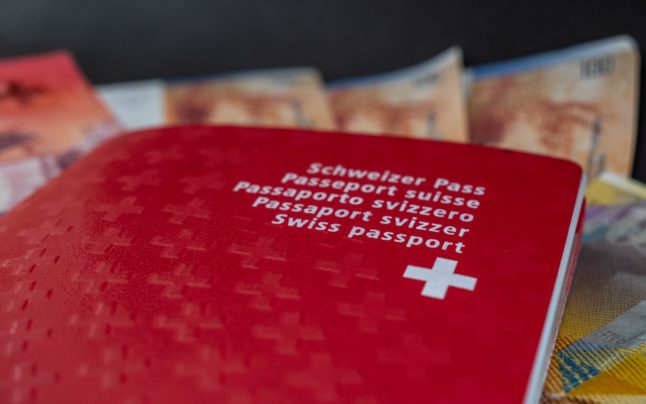Nationals of the European Union and EFTA countries (Norway, Iceland, and Liechtenstein) have an almost limitless access to Switzerland’s labour market.
They can live and work in the country for up to three months without a permit, after which time they need to apply for a residence permit from the Swiss commune in which they live.
To do so, they must simply submit a valid identity card or passport, as well as official confirmation of employment or an employment contract.
This is a straight-forward, no-hassle process, and, in a vast majority of cases, a B permit is granted without a further ado.
READ ALSO: Just how freely can EU citizens move to (and within) Switzerland?
What about those from non-EU ‘third countries’?
But the procedure is not as simple for people coming from non-EU/EFTA (third countries), whose residence and employment in Switzerland is subject to very strict conditions.
They will be considered for a job (and a permit) only if they are a highly qualified and skilled professional.
This means they should have a degree from a university or an institution of higher education, as well as a number of years of professional work experience.
But that’s not all: they will be considered for a job only if no Swiss or EU / EFTA candidates can be found to fill the vacancy.
That is why out of about 2.3 million foreign residents in Switzerland, most come from EU nations.
Are the criteria for naturalisation different for the EU/EFTA and third-country citizens?
You might think that, but actually no.
The reason for this is that only foreigners who have obtained a C permit can apply for naturalisation — regardless of their nationality.
The difference lies in the ‘length of stay’ requirements for this permit.
Here too, EU/EFTA nationals have the edge, as they can ‘upgrade’ their B permit to a C after five years of continuous residence in Switzerland (and meeting other requirements like language proficiency and integration as well).
For citizens of third countries (including the UK), on the other hand, the obligatory wait time is 10 years, except for citizens of the United States and Canada, for whom the wait is five years.
Once all those conditions are met, all foreigners are eligible to apply for naturalisation.
In this sense, permit C is a great equaliser — everyone who has it, has the same access to naturalisation procedures, with the only difference being the residency time required before applying.
In this regard, there are some variables.
Those seeking an ordinary naturalisation can do so after 10 years with a C permit; foreigners who are eligible for a fast-track process (such as people married to Swiss citizens or foreigners born and raised in Switzerland) benefit from a quicker procedure (five years of residency), regardless of what country they came from.
Are EU/EFTA nationals more likely to be granted citizenship than people from third countries?
Officially at least, everyone who is eligible for naturalisation must be treated the same way; judging candidates by their nationality would be an act of discrimination, and therefore illegal.
However, based on anecdotal evidence, people of all nationalities (both those from the EU/EFTA and not) have been known to have their bid for citizenship rejected, often for arbitrary reasons — such as now knowing animals in a local zoo (an Italian citizen) or not being sufficiently familiar with the region’s geography (American).
READ ALSO: Why your Swiss citizenship application might be rejected – and how to avoid it



 Please whitelist us to continue reading.
Please whitelist us to continue reading.
Member comments